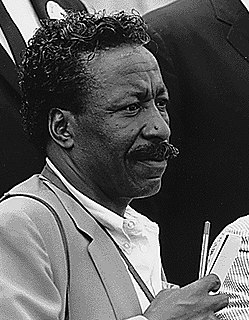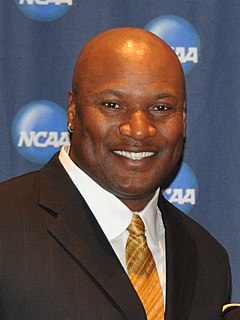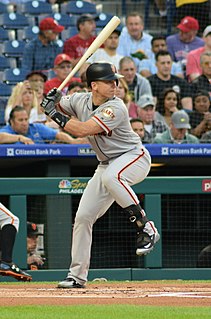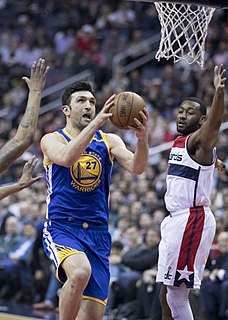A Quote by Kareem Abdul-Jabbar
UCLA acknowledged this shift by bringing in Alex Haley (the co-author of The Autobiography of Malcolm X) and Eldridge Cleaver (Soul on Ice) as speakers.
Related Quotes
Over a period of about year-and-a-half, Malcolm X and [Alex] Haley agreed to work with each other. They met usually after a long business day that Malcolm put in very tired. He would get there at about - either at Haley's apartment or they would meet at then Idyllwild Airport at a hotel, and Malcolm would be debriefed by Haley. He would talk, Haley would take notes.
What Malcolm X did not know is that back in 1962, a collaborator of Alex Haley, fellow named - a journalist named Alfred Balk had approached the F.B.I. regarding an article that he and Haley were writing together for The Saturday Evening Post, and the F.B.I. had an interest in castigating the Nation of Islam, and isolating it from the mainstream of Negro civil rights activity.
What is striking is that from almost from the very beginning of certainly by September and October of 1963, as the book was being constructed, that [Alex] Haley was vetting - asking questions to the publisher and to the publisher's attorney regarding many of the things that Malcolm X was saying. He was worried that he would not have a book that would have the kind of sting that he wanted.
In the case of Alex Haley, Haley's material is located at the University of Tennessee at Knoxville, primarily. But there are a whole series of elaborate steps that one has to - has to encounter in order to even begin to do research. There's an attorney. If you want to photocopy material from that archive, you have to get permission from the attorney beforehand.
Paul Robeson once said that the artist has the responsibility to either help liberate the community or further oppress it. And I think that when Eldridge Cleaver wrote it down it was interpreted as his, but there's a history of people saying things of that nature and meaning it. And what I do is in that tradition, in that mode.
In 1967, the students at San Francisco State invited the poet Amiri Baraka to the campus for a semester. He attracted other influential black writers such as Sonia Sanchez, Ed Bullins, Eldridge Cleaver. What emerged was something we called the community communications program. That's how I got involved; I got involved in a little play


























